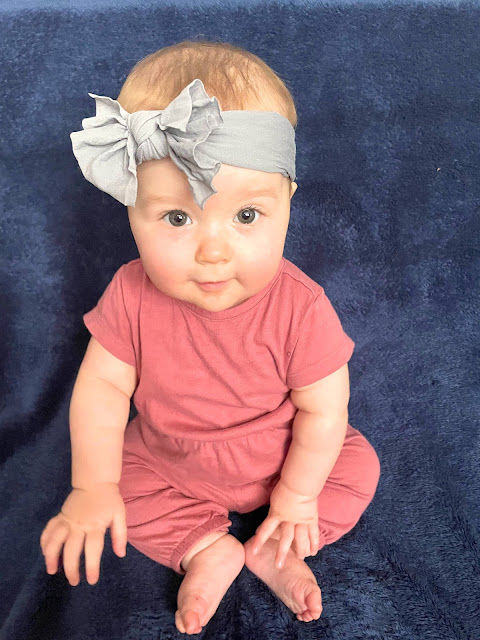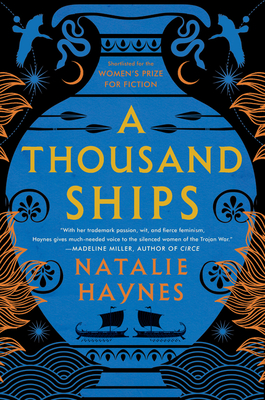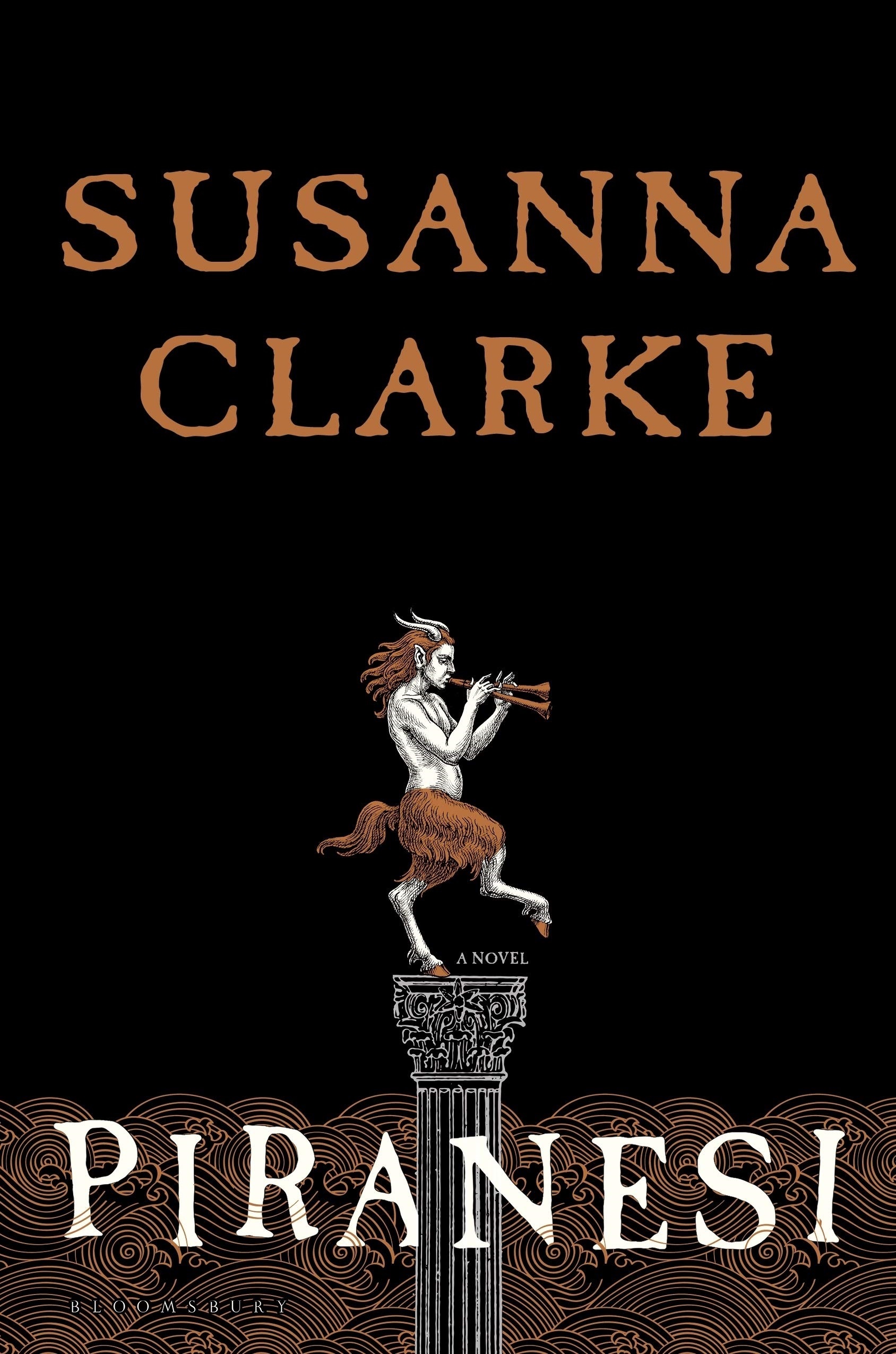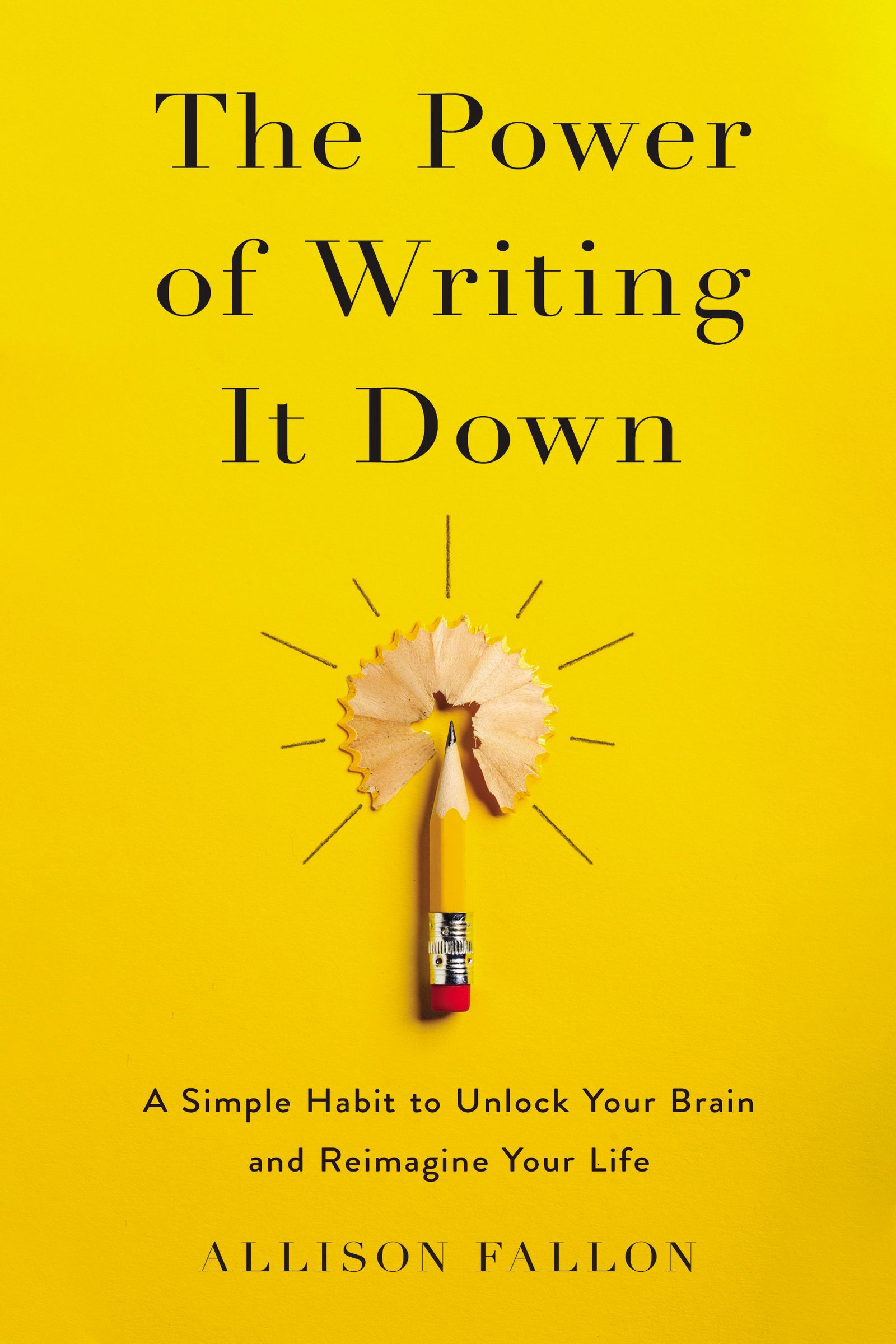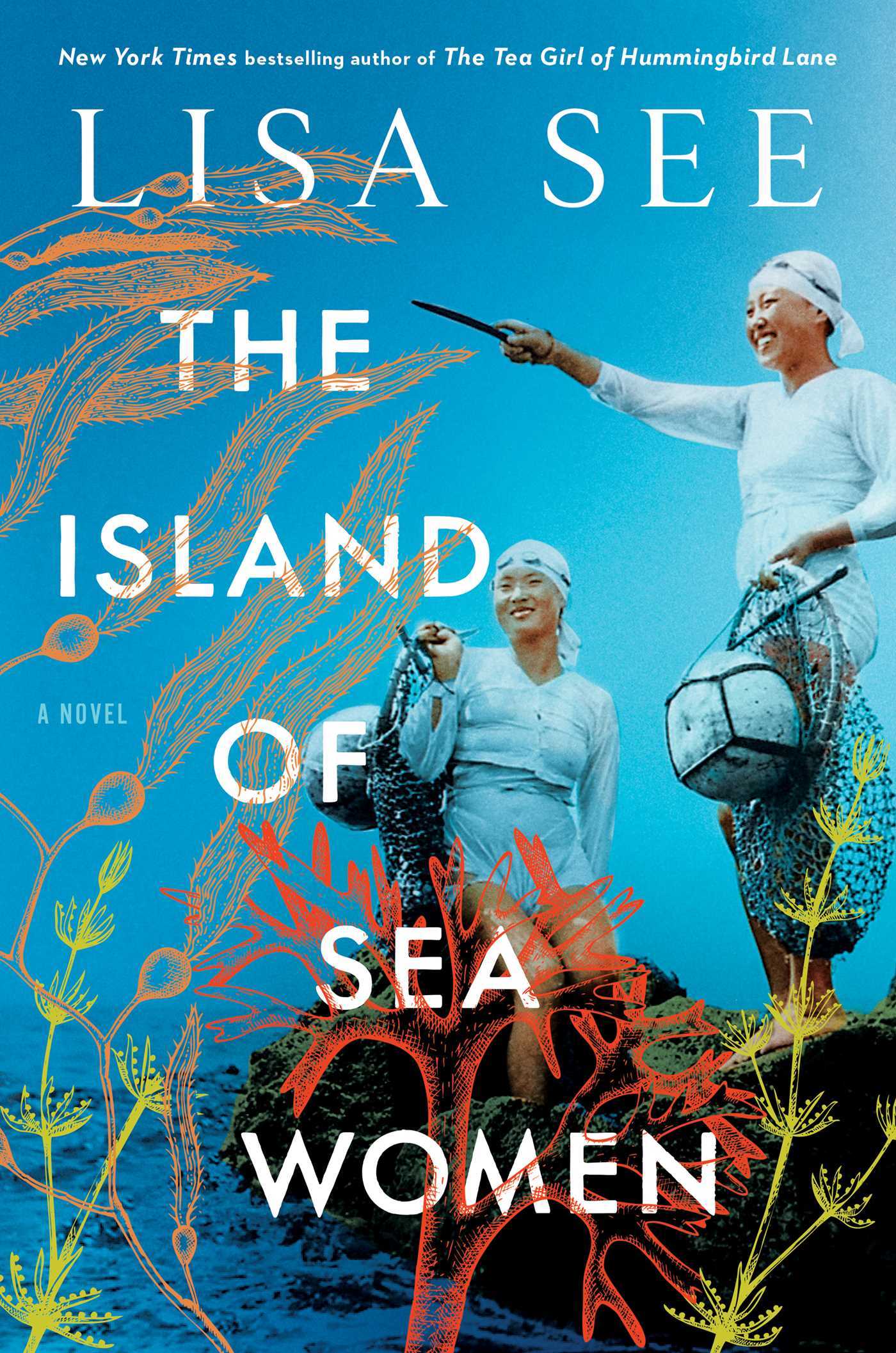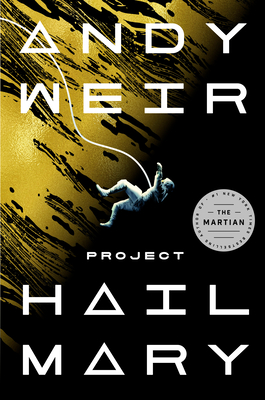In recent years I've neglected posting my top 10 list here (I've been settling for the ease and brevity of just posting about my reading life on Instagram these days, and even then, not with any regularity, see my last post on how intensely busy my life is). But I have a minute today, so let's do this like old times! Here's my arbitrarily-picked-based-on-my-mood-today list of the top 10 books I read in 2023 (out of 103 books read so far... I have roughly 32 more hours to read another one...;)
Monsters: A Fan's Dilemma by Claire Dederer
I don't think I recommend this one as a general populace read. It's a bit more literary critic, a bit more academic (though still mostly written for a public audience). Anyway, I loved how deeply Dederer engaged with these issues around what it means to love art and literature, especially when the creators of that art are problematic. She delved into questions I've thought about deeply myself (especially when it comes to women/mothers producing art), and while she doesn't arrive at any easy answers, her ideas (especially the idea of "stain") have shaped the way I've come to think about some art. I plan to use excerpts of this book in my upcoming course on "Authors and Identities" where I'll be teaching an Ernest Hemingway novel.
Hello Beautiful by Ann NapolitanoAt about the quarter mark of this book, when I realized where the plot was headed, I thought I was not going to like this book. In fact, I thought I was going to put it down and not finish. But I did finish, and I ended up loving it. The conflict is a bit emotionally grueling, but the characters are so beautifully drawn and the writing just so lovely. It's loosely based on Little Women, and I just loved the way it borrowed from the original while still being its entirely own story. I had a hard time seeing how this was going to be a "happy" ending, and while it might be a stretch to call it happy, I found it satisfying. Anyway, just lovely. I highly recommend.
Lockwood and Co. by Jonathan StroudI'm cheating a bit and including the whole five-book series in one spot here on the list. I'm still wondering if this should make the final cut, but really, this just hit at the right time and in such a satisfying way for me. Jonathan Stroud has the best type of dry British humor, and I love his world-building. I wanted to throttle all of the characters in this book (my goodness, but the Brits really can't talk about emotions, can they?), but I loved them all so much, and the stories were so fun. These would make fantastic October reads (all about ghosts and creepy things like that). It's a YA series, fantasy dystopian, and just so much fun. Highly recommend.
Divine Rivals by Rebecca RossThis definitely wins as my favorite fantasy read from the year. It was so romantic and had lovely writing, and the world-building aspect was unique and intriguing for me. The plot is basically You've Got Mail (enemies to lovers through mystery letters) set in a WWI-era European-type world with some sort of Greek/Roman god mythology (the war is happening between the gods with humans fighting for them), and magic? And technology? It's a mash-up, but it totally works, and I was here for it. This is the first book in a duology, and the second book just came out (it is currently sitting on my phone, waiting for me to listen!!!! Squeee!!!!). Highly recommend!
An Immense World by Ed YongOh man, this was a book I could not stop talking about. I talked about it so much that my husband then picked it up, and then he could not stop talking about it. This is a non-fiction book about animal senses, and how different animals have different ways of perceiving the world that we can barely begin to comprehend. It was fascinating for so many reasons, but one unique reason for me was because of ideas it gave me for intersections with my research (one of my dissertation chapters focused on the sense experiences of audiences). Anyway, it was fantastic (if a bit dense) and I highly recommend.
Oh man, this book! Okay, this is not a general recommend. I think you have to have a solid interest in sciences like quantum physics but also a high tolerance for fictional/fantastical re-imagining, so yeah, maybe not a book for the general public. But, this book spoke to me on so many levels. I found it fascinating and creative and I wanted more and more and more (okay, there were a handful of moments that went too far for me, got me a little grossed out, so there is that caution). I am here for this kind of history of science!
I went back and forth on whether or not to include this one on the list. To be honest, I did not love the ending, and I'm still working through my emotions on the overall message of the story. One of the unofficial subtitles is "The Necessity of Violence" and the book makes a strong argument for that, which I just struggled with. Plus, I felt it was overly long. But! But the magic system in this book was just fascinating! Translation and the power of words, and wow! It was so cool. So in the end, that got me. If this book weren't so dang long I would recommend it for a book club, because there would be so much to discuss. Anyone else read it? I want to talk!
The Covenant of Water by Abraham VergheseI went back and forth on including this one as well, because it was so long, and I nearly lost steam in the middle and didn't finish. There were just a lot of threads that I struggled to see how they connected, and a lot of meandering side stories that didn't connect. But I powered through, and in the end, yes, I can confidently say this is a masterpiece. I mean, it is simply incredible, and will probably turn into some kind of classic. So I'm glad I read it. But do I recommend it? Only if you really like sprawling epic multi-generational literary tomes in the grand tradition of 19th-century Victorian writers (or you really want to learn more about 20th-century India? Or weird medical conditions?). It was very good, but it takes patience to appreciate it.
This is another one that I went back and forth on including here. This is another long, sprawling, multi-generational (true!) story about 20th-century China that covers everything from the early war-lord years through Japanese occupation through civil war and then through a fascinating behind-the-scenes look at growing up in Mao's Communist regime. There was so much I did not know, so much that blew my mind, and so much that I found fascinating. Did I enjoy it while I was reading it? No! (Communist China is just about the most depressing subject). But am I glad I read this? Yes. Do I recommend this? Honestly, I feel like everyone should read this because we all need this context for why our relationship with China is what it is today. But yeah, I would not have picked this up if it had not been selected as a book club read, and it was a slog. But a really important, really fascinating slog.
I also debated heavily on whether or not to include this one on the list. Through the first half of this book I was sure this was going to be a five-star favorite read of the year. But then it devolved into a rather unremarkable WWII story, which killed my enthusiasm for it (I'm tired of WWII stories). But based on the strength of the first half alone, I'm recommending this one here. I loved the characters, I was floored by the writing (it's a debut novel, and the writing was just so beautifully crafted!), and I (obviously) loved the theater bits. Can't help my bias any time Shakespeare shows up in a story. It really is very good.
Honorable Mentions
The 7 1/2 Deaths of Evelyn Hardcastle by Stuart TurtonThis book blew my mind. It wasn't so much the murder mystery, but the way the murder mystery was explored/solved. I felt like I needed a spreadsheet to keep track of everything, so if you don't like really complicated convoluted plots that take all your mental energy to follow, you'll want to stay away from this one. It doesn't make the official list because I feel like the ending/outside world of the story wasn't super satisfying. But really, I have to give Turton props for coming up with the most interesting and unique murder mystery I've ever read. It was incredible, what he attempted (and achieved) with this plot. I heard rumors it was getting developed for a TV show and then canned, which is too bad, because in the right hands, this could make a phenomenal TV series.
Zorrie by Laird HuntThis is a short and sweet little book that follows Zorrie, our main character, through her mostly lonely single life from her time as a girl in the 1920s, through her short marriage, then her long widowhood running a farm in rural Indiana. While reading this book, I thought it was lovely but ultimately not that special and probably something I would forget. But then, I didn't forget about it. In fact, I kept thinking and thinking and thinking about this book. I was amazed at how Zorrie's life was so sad but also not sad. It was so small, but also so meaningful. Anyway, I just keep thinking about it. I don't think this is a book most people would love, but if you like character-driven novels along the lines of Wendell Berry or Marilyn Robinson, then you might enjoy this one.


















